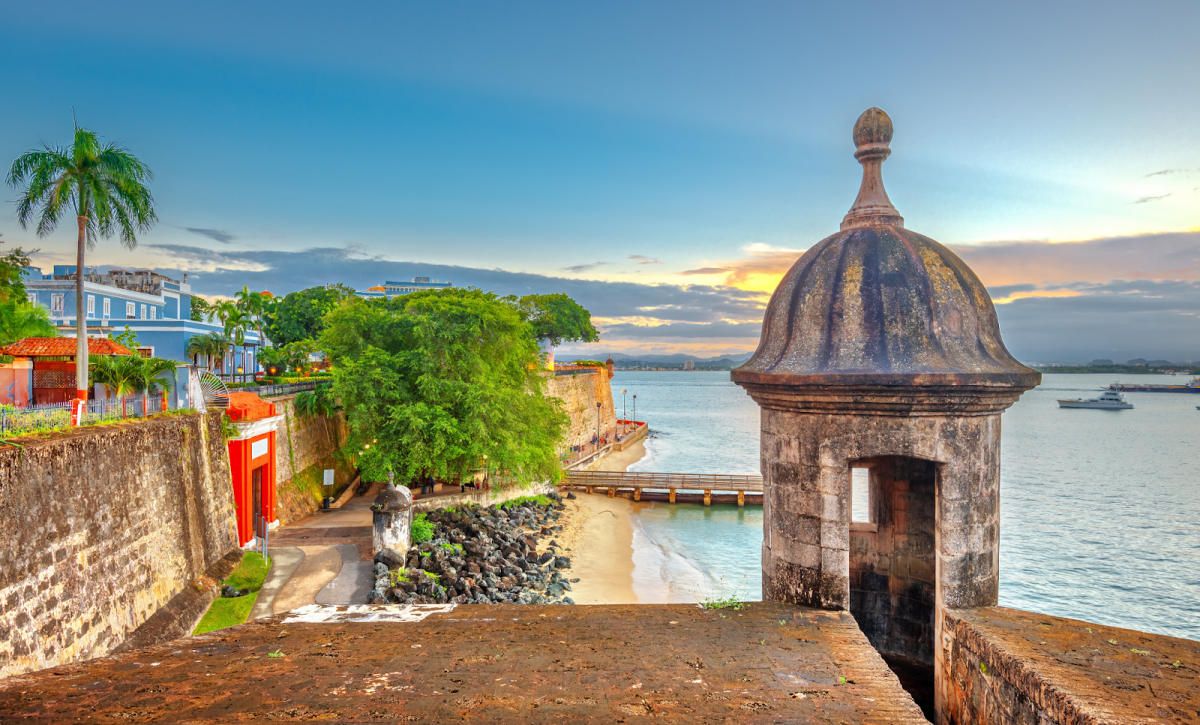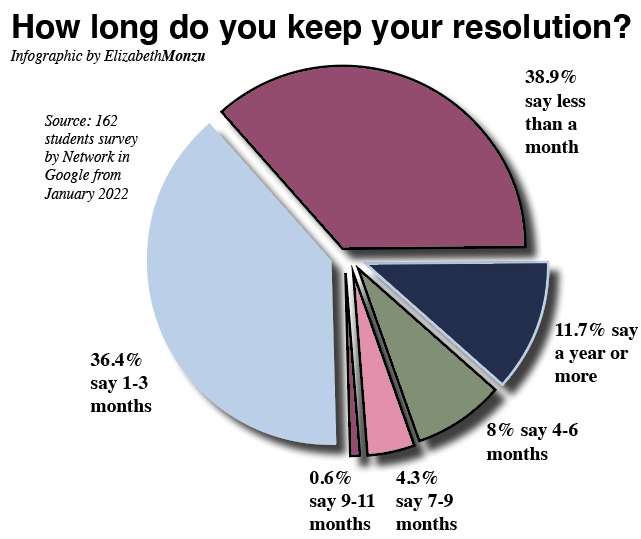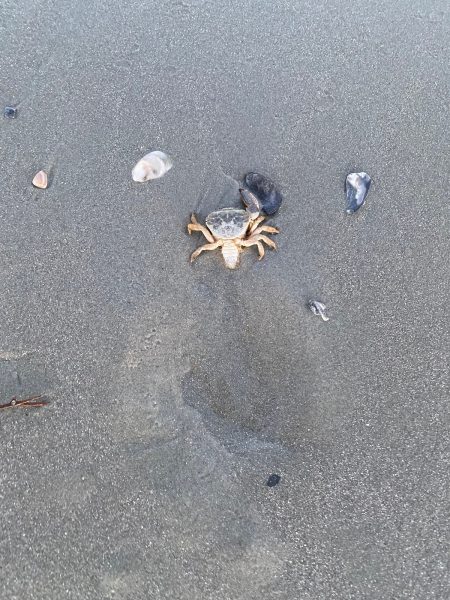
*image provided by myself*
Shells?
Shells, one of the beaches’ finest finds. From the joyous discovery of them as children, we cherished each and every shell as they were the most beautiful thing in the world. Sea shells are often collected, made into jewelry, used for creative projects, or studied by professionals. But, that all must stop now. Like many beaches throughout the world, the beaches located in the state of New Jersey solely exist from sea shells themselves. Mindy Voss, an educational specialist at the NJ Sea Grant Consortium claims that the sediment found on beaches are created from sea shells that have broken down and turned into sand. Not only do sea shells give beaches sand, they also add calcium carbonate into the ocean; shelled creatures such as clams, oysters, mussels, and snails use calcium carbonate to build their shelled homes. Though there are no official state or federal laws that prohibit collecting shells nor a serious lack of shells on beaches, specialists still ask that shells that are occupied by creatures be left alone. Killing a creature to take its shell is a destructive practice.
What types of shells are there?
The most commonly seen shells on beaches are conch, wentletraps, ceriths, helmets, olive, moon, and many more. Different beaches have different shells depending if they are closer to the south or north. Different shells are also homes for different marine life such as crabs, clams, oysters, scallops, and many others. However, these shells can only house so many innocent creatures if they are on beaches. Taking many of them away can cause these animals to be homeless.
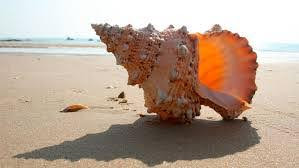
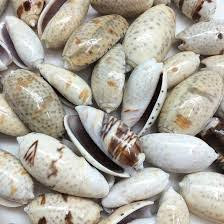
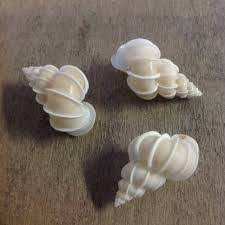
*All three images provided by Southernliving.com*
What does Ms. Banbor think?
My first question for Ms. Banbor was her opinion[s] on shell collecting. Ms. Banbor said, “Yes, I do feel it is okay to remove shells from beaches for personal collections and scientific purposes. However, if it is an island or place where there are really nice shells and a lot of tourism it could become problematic since shells do serve some important purposes in the ocean.” (Banbor 2024).
Ms. Banbor went on to explain how one should never kill an organism or take its home for its shell; organisms have every right to their own home just as much as us humans do. It is important to be aware of where one is taking their shells from. Overpopulated beaches may not be the best to take shells from, but less busy beaches can be okay (as long as there are more than enough shells on the beach). Ms. Banbor also gives a great tip for shell collectors that I think is very important. She advises that once a shell is no longer wanted they should either be returned to the beach or placed outdoors where they can breakdown and add minerals to soil (Banbor 2024). I think it is highly important for shell collectors to know what they should do with shells when they no longer want them, I for one did not know you could do either of those things and will surely do so in the future. Protecting the environment is crucially important.
Ms. Banbor has collected many shells and added them to her personal collection[s] including her marine biology class with her saltwater aquariums. Her favorite shells in New Jersey are the Hard Shell Clams, Angel Wings, and Moon Snails. The Moon Snail shells can be used by other organisms to hide and the Hard Shell Clams and Surf Clams are broken down over time to create sand for the New Jersey beaches.
What does Addy Stafford think?
I interviewed a JCHS student, Addy Stafford, to get her take on shells and how she feels about them being taken off of beaches. Addy says as a beach goer she does not so much collect shells so she does not have much of an opinion. She does acknowledge that if beach goers are taking too many and not being careful with organisms, then there should be enforcements placed on beaches to keep not only the organisms, but the beaches safe (Stafford 2024).
What I think we can take away mainly from Addy’s comments are that there are more to beaches than taking shells. One can simply enjoy the sand, weather, water, and fun when the summer comes. We love our New Jersey beaches, but we must also keep them safe and acknowledge what to do and not to do. So for those going down the shore this summer, please be mindful of shells especially if you are taking them back home with you.
How would you feel if your home was taken away from you?




